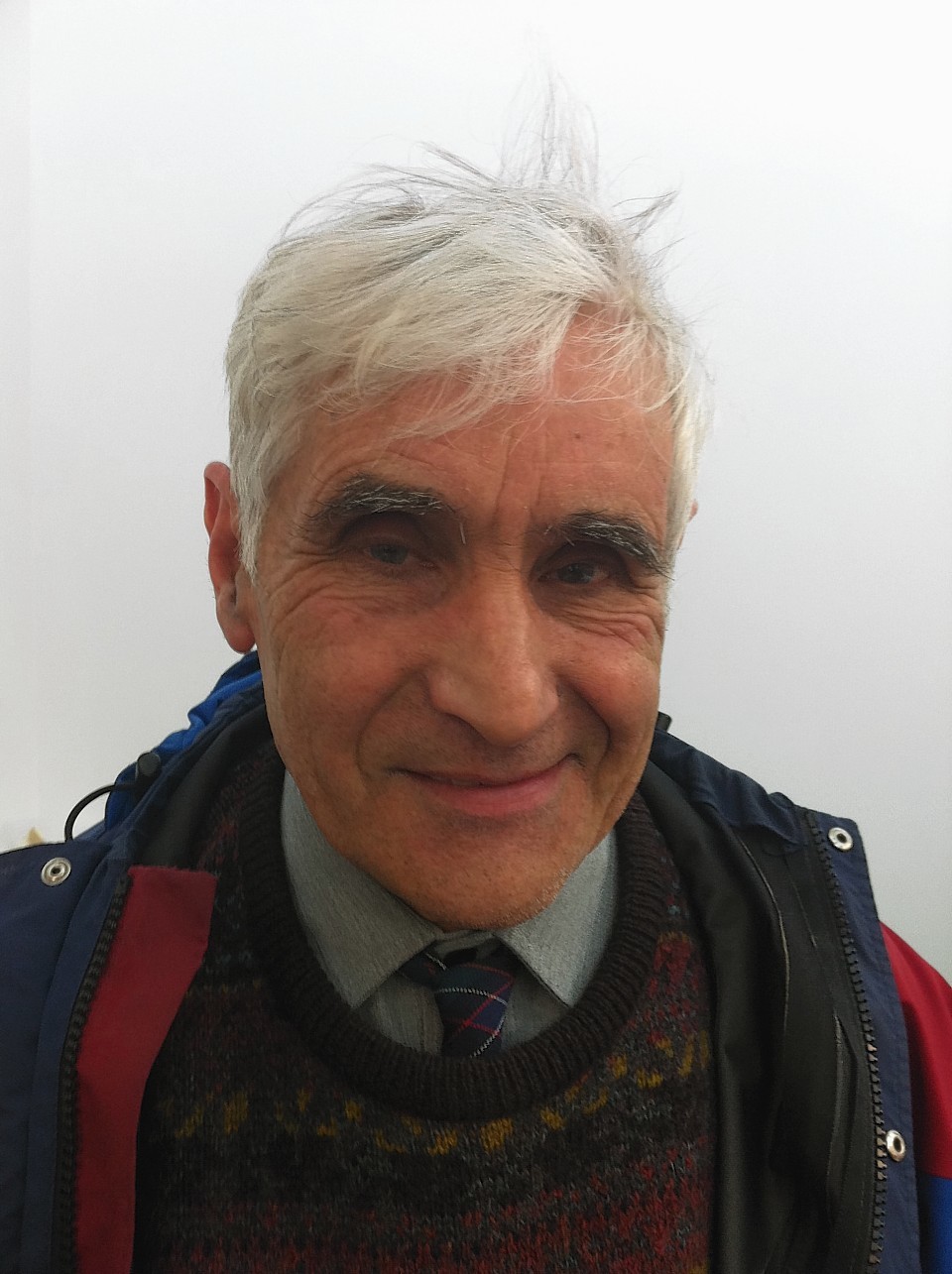A north-east mental health campaigner has been buoyed by support by a Church of Scotland committee for a public debate on force treatment.
The Church and Society Council said it would “strongly urge” a wider review of the law and the safeguards currently in place to protect patients.
It has produced a report to next month’s General Assembly following concerns from patients and carers, who believe harm, even death, has resulted from inappropriate treatment.
The UN Committee on the Rights of Persons with Disabilities has recommended that the force treatment of mental health patients should end.
The practice is allowed under the 2003 Mental Health Act which is currently being reviewed by the Scottish Parliament.
The Church and Society Council said the act would not be unique in “being pioneering as a legislated aspiration but weaker in implementation” and that changes in practice do not automatically follow from new legislation.
It said there was a clear need to review why there is a lack of confidence in mental health tribunals which look at whether patients have the capacity to consent to treatment or not and what is in their best interests.
But the council concludes “we do not believe that compulsory treatment is always a breach of human rights”.
Retired lecturer Hunter Watson, has campaigned against the forced used of electroconvulsive therapy (ECT), commonly called shock therapy, and forced medication.
He hopes the Kirk report will help stimulate discussion and prompt MSPs to bring forward amendments to Mental Health Act at Holyrood – as now seems highly likely.
Mr Watson said he supported the argument the argument that mental health should be put on the same footing as physical health as it was not lawful to detain a cancer sufferer in hospital and force them to have treatment.
“However, the 2003 act explicitly permits an individual who has been diagnosed with depression to be given ECT even though he or she resists or objects to the treatment,” he said.
“In my opinion, this is a matter worthy of public debate especially since the UN Committee on the Rights of Persons with Disabilities has strongly recommended that the forced treatment of mental health patients should end.”
